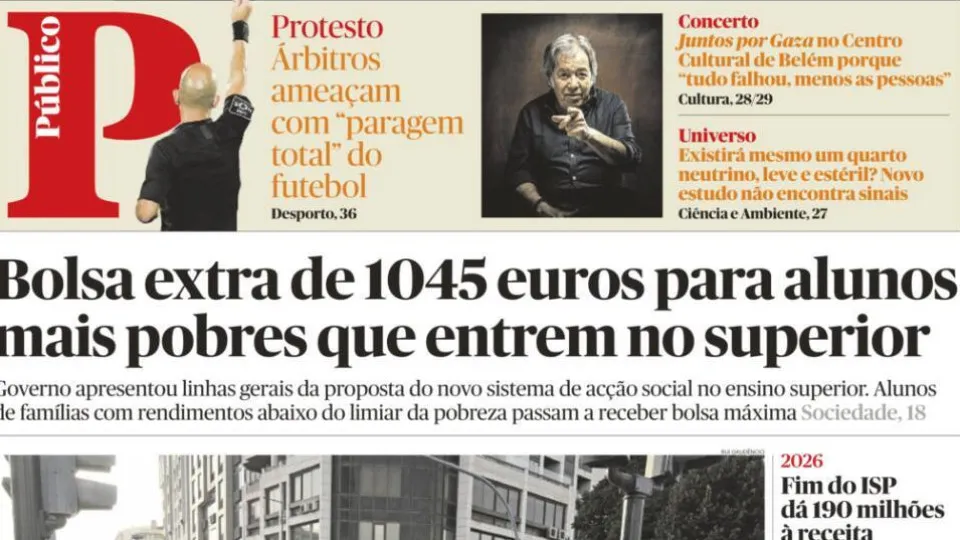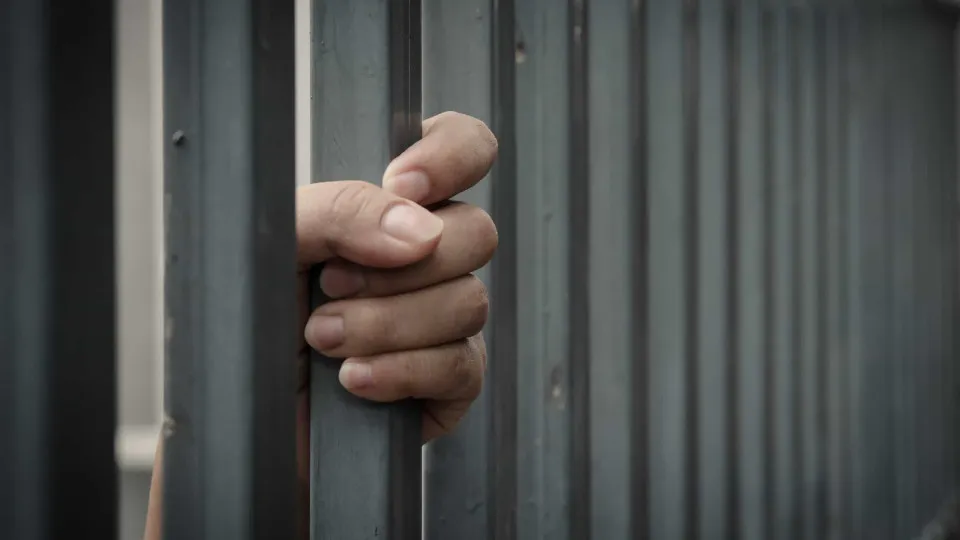
The non-governmental organization released a public statement on Wednesday night, following the announcement of the composition of the new government, which merges the areas of Culture with Youth and Sports, under the leadership of Minister Margarida Balseiro Lopes.
Regarding the combination of the three areas, ICOM-Portugal acknowledges—in a note signed by the president of the organization, David Felismino—that “it can, in theory, reflect a strategic vision of coordination between fundamental areas for human and social development.”
“We hope that this merger does not imply, in the future, a structural downgrading in the context of an administrative ‘economy’ or a performative and instrumentalized view of Culture,” considers the head of the Portuguese committee of an organization that encompasses 150 countries and promotes museums and the training of professionals in this field.
In the document, the leader points out that “this integration could eventually allow a more holistic approach to public policies, recognizing that culture, sports, and youth are deeply interconnected in the construction of identity, citizenship, and well-being.”
However, he warns that “this merger poses significant challenges, such as the necessity to ensure that each sector receives adequate attention and investment without one overriding or diluting the importance of the others,” advocating for “long-lasting policies based on broad consensus.”
Previously Minister of Youth and Modernization, Margarida Balseiro Lopes was reappointed on Wednesday in the 25th Constitutional Government, which takes office today, and will now also oversee the Culture and Sports portfolios.
In ICOM-Portugal’s stance on the new government and Culture oversight, long-standing concerns are raised, notably the “urgent need for the establishment of state policies for museums, ensuring the necessary human, physical, technical, and financial resources for the full execution of the missions of museums and their professionals.”
The entity also reiterates a concern expressed on International Museum Day in May regarding the impact of successive political-governmental changes, which, in its opinion, “have compromised the continuity of structuring public policies in the cultural sector in general, and particularly for the museum and heritage sectors.”
“This instability has weakened the capacity for strategic planning and devalued previously made investments, compromising, among other things, the implementation of the ongoing Recovery and Resilience Plan [PRR] and/or the stability of the national cultural heritage management structures, whose consolidation now proves essential,” the organization, established in 1975, argues in the note.
ICOM-Portugal renews hope that the new ministerial team “will integrate experts with recognized competence in the fields of museology and heritage, an essential condition to ensure stability and effective alignment with the priorities that museums, heritage, and their professionals demand.”
The second government led by Prime Minister Luís Montenegro will have 16 ministries, one fewer than the previous administration, and will retain 13 of the 17 ministers from the outgoing executive.
The inauguration of the 25th Constitutional Government will take place today at 6 PM, 18 days after the elections, marking the fastest government formation process during Marcelo Rebelo de Sousa’s presidential mandates.




